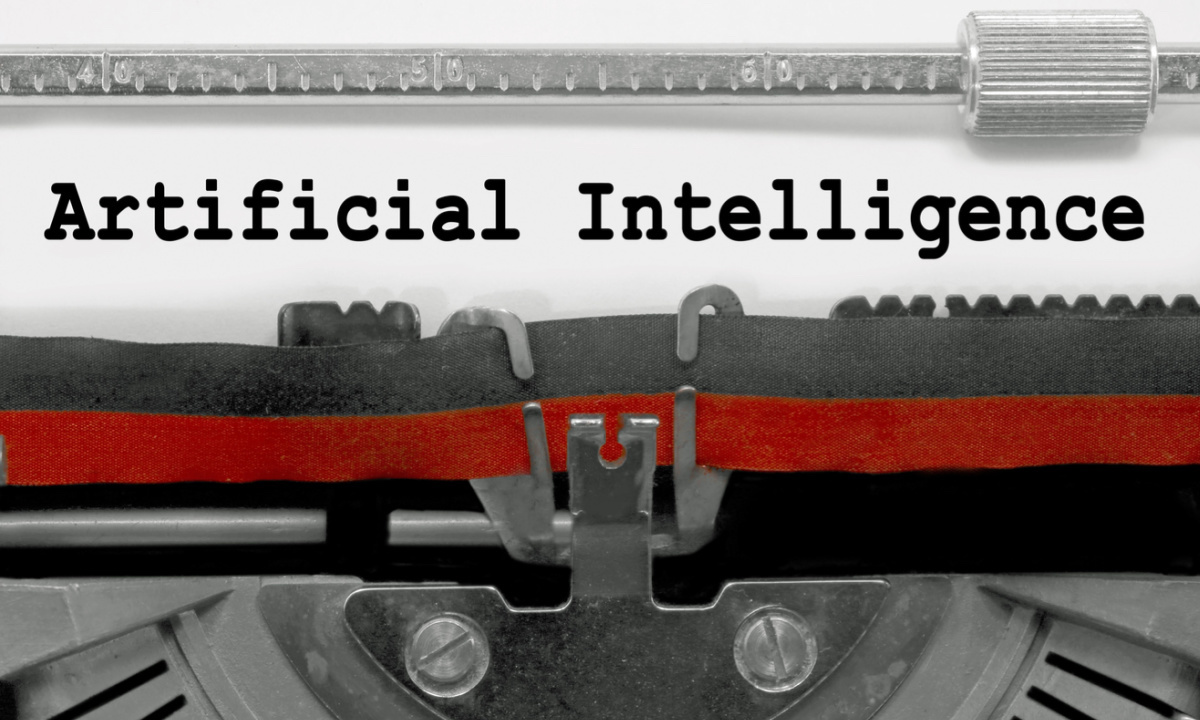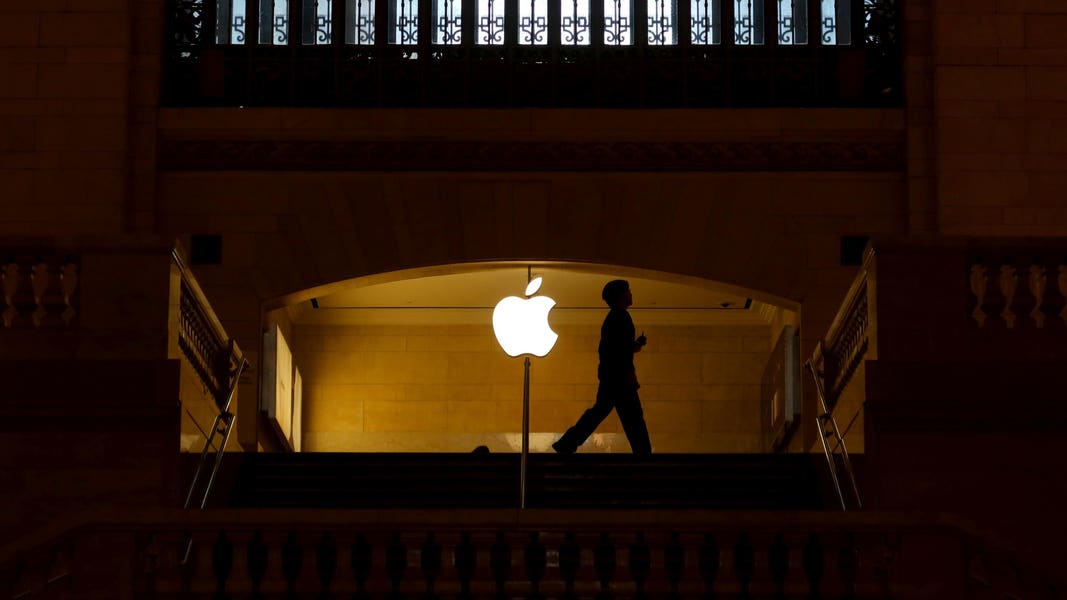A startup leveraging artificial intelligence (AI) to generate books has secured $37 million in funding, underscoring the impact of machine learning on the publishing sector.
The Inkitt app, developed by the startup, enables users to self-publish their stories. By harnessing AI and data science, the platform identifies narratives for enhancement, subsequently distributing and retailing them through another app named Galatea. This recent funding round highlights the escalating interest in AI’s application within the realm of publishing. However, while this technology presents opportunities for both writers and readers, it also raises certain apprehensions.
The Pros and Cons of AI in Writing
Zachary Weiner, the CEO of Emerging Insider Communications focusing on the publishing domain, emphasized the dual nature of AI’s influence on writers. In an interview with PYMNTS, he stated, “The array of tools available to writers has significantly expanded, enabling them to unleash creativity and concepts with AI-generated prompts and ideas. AI facilitates story inspiration and the integration of diverse concepts in a more intricate manner, freeing writers from the confines of traditional brainstorming. Furthermore, AI streamlines proofreading and revision processes, enhancing workflow efficiency and enabling writers to concentrate on their core tasks.”
Nonetheless, Weiner cautioned that AI poses challenges to the publishing landscape. He noted, “AI is gradually encroaching on various writing and content-related roles, including editorial positions. As organizations strive to optimize costs and operational efficiency, the displacement of human writers by AI is already underway and appears inevitable.”
The domain of generative AI is rapidly evolving, primarily driven by the pioneering initiatives of companies like OpenAI and its counterparts.
Unveiling Inkitt’s AI Strategy
Established in 2013, Inkitt offers authors a platform to showcase their creations, engage with readers, and expand their audience base, as per a press release from August 2023. In 2016, the company achieved a significant milestone by selling “Bright Star” by Erin Swan to Tor Books, a division of Macmillan Publishers. This marked the first instance of AI predicting a bestseller, underscoring Inkitt’s data-driven approach to publishing decisions.
For entities like Inkitt, the adoption of AI holds the promise of streamlining operations and diminishing dependence on human resources, Weiner highlighted. Tasks that previously necessitated numerous editors, proofreaders, and layout designers can now be executed with a fraction of the workforce, resulting in substantial cost reductions for publishers.
“In the digital era, amid a series of industry setbacks and challenges in monetization models, this proposition is exceedingly appealing. However, delegating critical responsibilities to AI introduces a plethora of challenges, encompassing concerns regarding accuracy, reliability, and the preservation of editorial integrity,” Weiner added.
AI’s Empowerment of Self-Publishing
Self-publishing platforms have witnessed a surge in AI-generated content. These platforms, accounting for a significant portion of book sales, witness approximately 34% of all eBooks being self-published, as per data from WordsRated, a research firm in the publishing domain. The proliferation of content on these platforms aligns with the widespread availability of AI applications driven by large language models (LLMs).
Sol Nasisi, the founder of Booksie, a platform enabling writers to self-publish with integrated AI tools, expressed the necessity for publishers to adapt to this evolving technological landscape.
“Integrating AI into business processes, particularly in the realms of publishing and writing, will become more seamless. Companies failing to leverage AI for enhancing their products in terms of quality, speed, or cost-effectiveness may face stiff competition,” Nasisi remarked. “Furthermore, the advancement of LLMs and generative AI is inevitable, with their capabilities poised to grow more robust.”
Nasisi voiced concerns about AI potentially training its models using authors’ work from the platform without their explicit consent.
“This paradigm needs to evolve as the technology matures, granting content creators the autonomy to dictate the usage of their content and ensuring fair compensation,” he emphasized.
The Boundaries of AI
While AI excels in specific domains such as content optimization and data analytics, its efficacy in nuanced tasks remains limited, particularly in terms of preserving authenticity, Weiner pointed out.
“AI-generated content also raises pertinent questions about authenticity and originality. As publishers increasingly rely on AI-driven content to meet market demands, there’s a looming risk of diluting the distinctive voice and perspective that human writers bring to the forefront,” Weiner elaborated.
Not everyone perceives AI as a threat to writers or readers. John Misak, an English professor at the New York Institute of Technology, likened utilizing AI in writing to employing a grammar checker or engaging an editor for meticulous manuscript revisions.
“If the quality of the content is high and the concept is innovative, I view such work as a valuable addition to literature,” Misak stated. “Moreover, many ‘mediocre’ writers have produced remarkable works with the assistance of hands-on editors. When employed appropriately, AI can enhance the accessibility of ‘good’ writing.”
Misak highlighted the primary risk associated with AI, emanating from the ease with which scams like content replication, dissemination of fake news, and other deceptive practices can be perpetrated using AI-generated content.
According to Misak, the attribution of responsibility by readers in case of any discrepancies significantly shapes the impact of AI on the publishing landscape.
“Will readers attribute AI-generated content issues to a handful of bad actors, or will they generalize and suspect widespread fabrication across the industry? This distinction is crucial in determining the extent of protection via reviews. Blaming publishers collectively for AI-generated content could tarnish the industry’s reputation, akin to how some professors scrutinize student work for signs of AI intervention,” Misak concluded.










